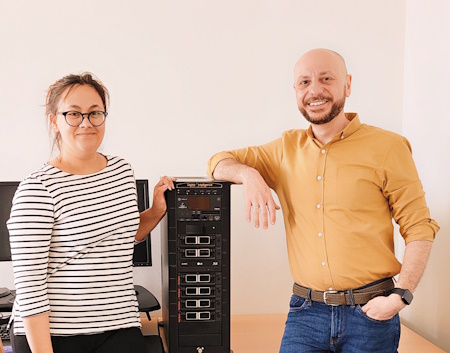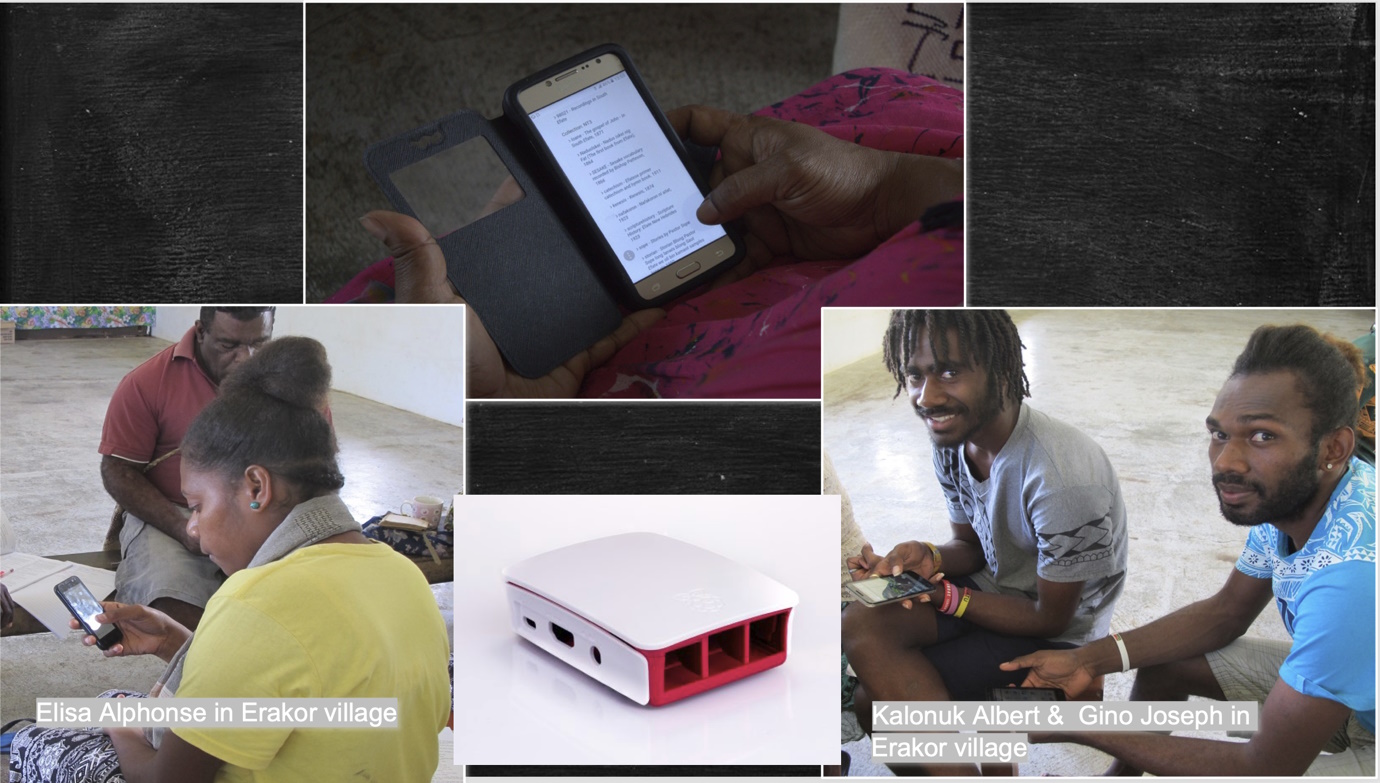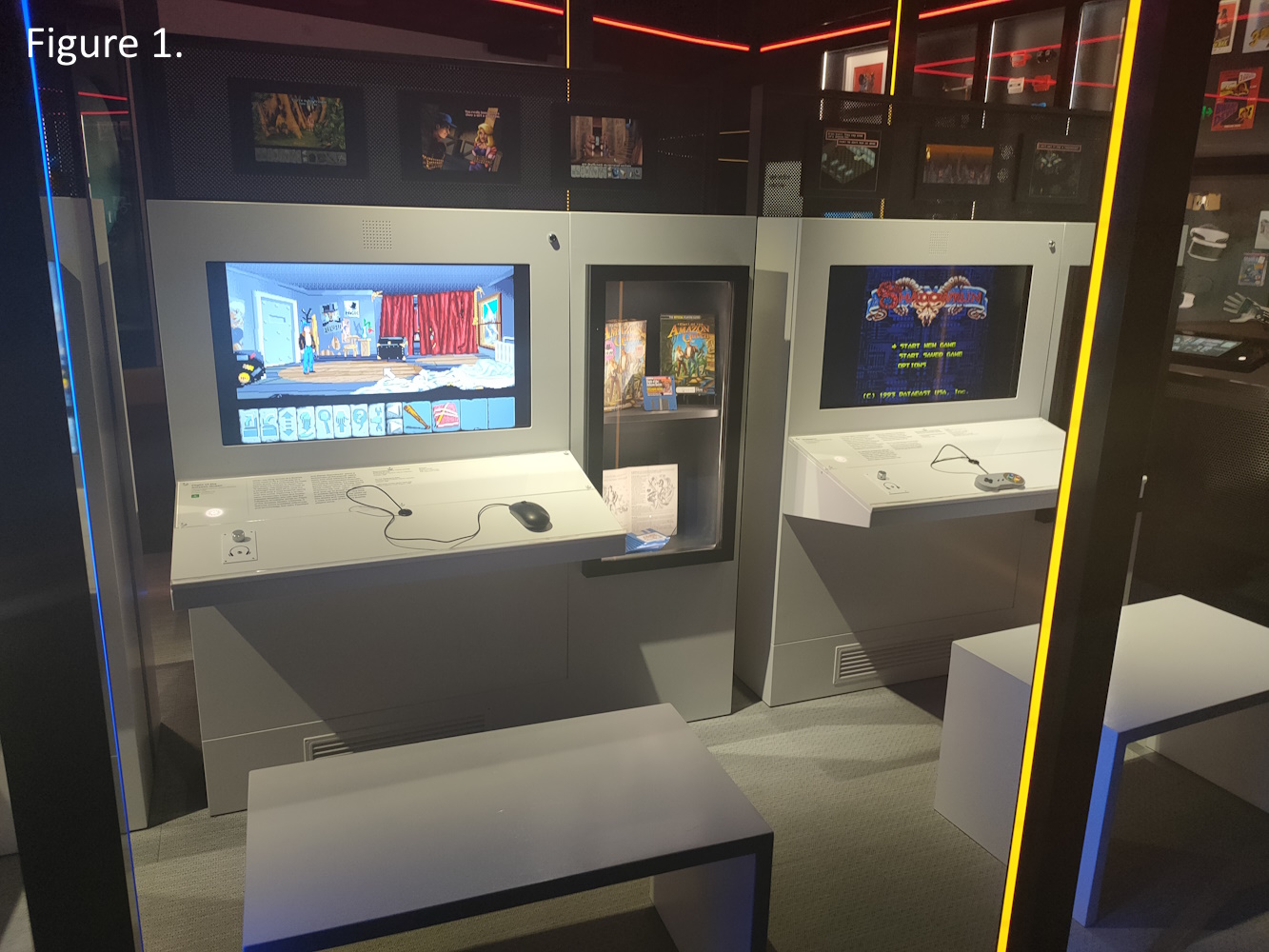
This award acknowledges exceptional contributions to practical research and innovation activities. The prize in this category consists of a trophy to be retained by the recipient, certificates for participating individuals, and a cash prize of £1000 payable to the lead nominee’s institution.
The DPC Member vote is now open!
DPC Members, login to reveal the link to the voting form and select your first and second choices for this category.
Votes must be cast online by 1200 (BST/UTC+1) on Monday 15th July.
Each Full Member, Associate and Allied Organisation of the DPC may submit one vote.
Meet the finalists
Digital Archiving: Storage media prioritization methodology and tool
 |
Nominees: Archives and Special Collections, University of Glasgow The storage media prioritization methodology and tool provide a simple way to gauge the well-being of various types of computer storage – both contemporary and legacy. They are primarily geared towards helping digital archivists prioritize the processing of computer storage media, but anyone can use the tool to quickly assess if a storage medium is at-risk of data loss. The tool generates a prioritization score based on the type of storage, the conditions in which it has been kept and other criteria collated from resources generated by the digital archiving and preservation community. It has been developed by Archives & Special Collections at the University of Glasgow and is available for free under a Creative Commons license. |
Disentangling Digital Preservation Risk with CHARM
 |
Nominee: Dr. Maureen Pennock CHARM contributes a new disciplinary solution to the wicked problem of digital preservation risk. Delivered through an innovative practice-based PhD research programme that blends digital preservation thinking with design science and risk science, CHARM explores and represents the nature and complexity of digital preservation risk in the field’s first unified and holistic digital preservation risk reference model. It brings clarity to its conceptual nature and inherent complexity, exploring the importance of contextualization for risk characterization and presenting not only a rigorous academic exploration, but also practical methods and re-usable templates for scenario-based digital preservation risk identification and assessment in organisations. |
Improving access to and sustainability of the Pacific and Regional Archive for Digital Sources in Endangered Cultures (PARADISEC)
 |
Nominees: Pacific and Regional Archive for Digital Sources in Endangered Cultures (PARADISEC) The Pacific and Regional Archive for Digital Sources in Endangered Cultures (PARADISEC) holds records from 1,370 small languages, mainly audio recordings made since the 1950s. It has 16,000 hours of audio in 230 terabytes of material in 428,000 files stored in Amazon S3. This year’s initiative is to move all items to Research-Object Crate format. RO-Crate allows the whole collection to contain self-describing items so makes it more durable over time, and less reliant on a catalog that is at risk of failure, with consequent metadata loss. This also means they can then be delivered on wifi from a Raspberry Pi device, even in remote offline locations. |
Play It Again: Preserving Australian Videogame History of the 1990s
 |
Nominees: Australian Research Council, Australian Centre for the Moving Image, AARNet The Australian videogame preservation project “Play It Again” is a competitively-funded Australian Research Council (ARC) Linkage Project, involving Swinburne and RMIT universities and partners ACMI and AARNet. The project aimed to preserve and emulate fifty significant Australian videogames from the 1990s, exhibiting six selected games alongside key information on their production and consumption histories and preservation tools used. The project evaluated the Emulation-as-a-Service Infrastructure (EaaSI) platform’s efficacy for accessing born digital artefacts and used it to make historic games playable for ACMI visitors. The project laid the foundations for the AusEaaSI emulation network and Community of Practice (launched February 2024). |































































































































